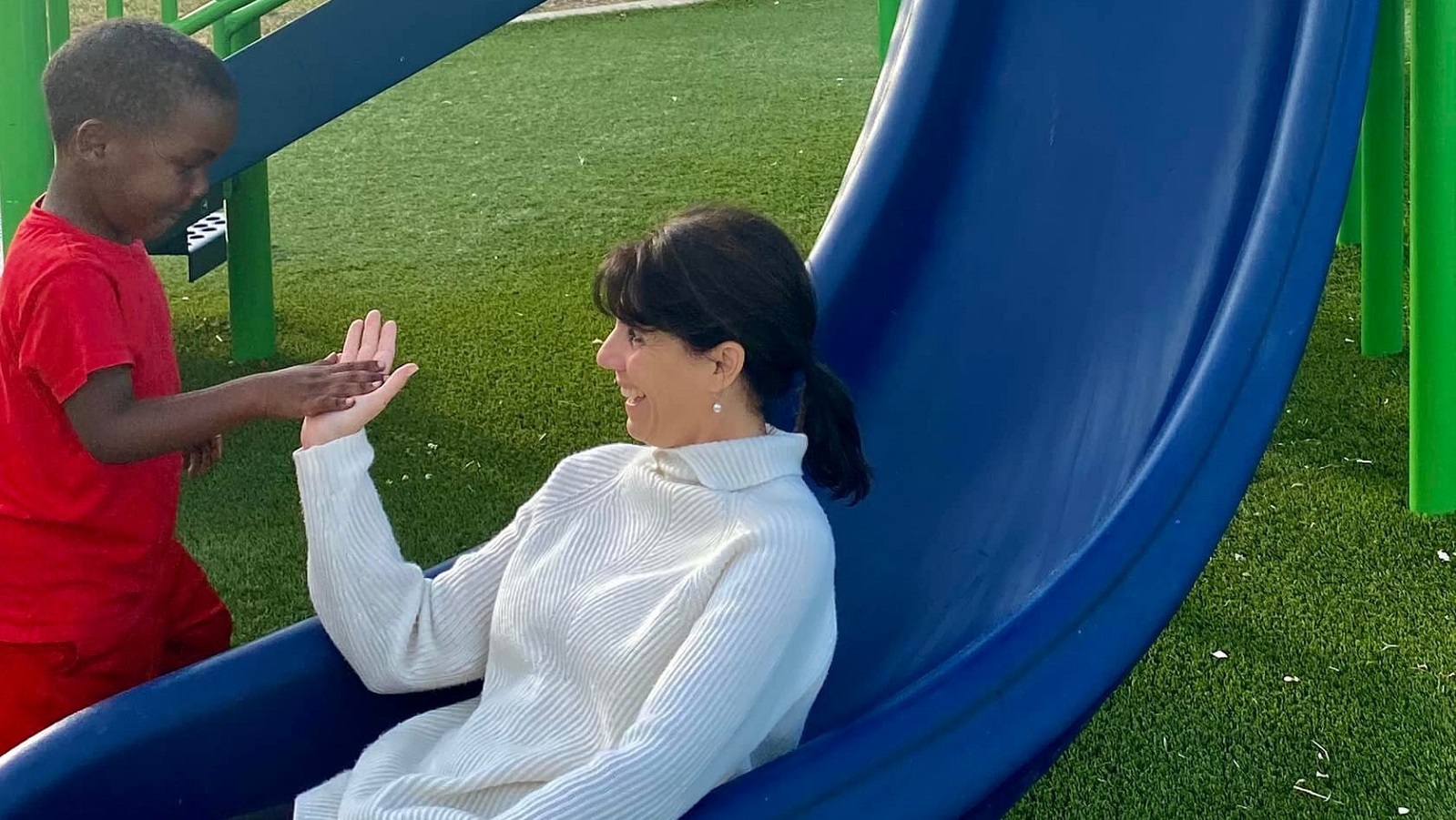I read with interest Nicole Hensley and St. John Barned-Smith’s recent article in the Houston Chronicle, “Harris County jail under fire after 60-year-old guard allegedly raped by inmate.”
It’s appalling and unacceptable that an inmate violently attacked a prison guard without concern of the consequences. The current narrative that “criminals aren’t so bad, they’re just misunderstood” and that they don’t deserve to be arrested much less imprisoned, could certainly lead a perpetuator of crimes to feel brazen about the careless disregard to others’ feelings, property and personal safety.
In this article, there was also a particularly startling quote by local activist, Texas Jail Project Executive Director Krishnaveni Gundu, who stated that, “Incarceration is not the answer to violence” and said, “Instead, public policy should aim to prevent adverse childhood experiences and exposure to trauma”. Instead? What do we do in the meantime with the violent criminals who are raping, robbing and murdering right now? We simply can’t wait until we reach this dreamed-of utopian society that has somehow miraculously eliminated anger, abuse, catastrophic addiction and other serious issues, that often lead to crime.
No, we need realistic solutions to crime now if we are to protect our community and our most precious resources – our children, because Ms. Gundu’s right about one thing – it is critically important to focus on early childhood development in order to stop the cycle of violence and crime.
According to “New Evidence of the Nexus Between Neighborhood Violence, Perceptions of Danger and Child Health” by Dylan B. Jackson, Chad Posick and Michel G. Vaughn, this 2019 study explored whether or not adverse neighborhood conditions – particularly violence exposure and perceptions of danger - are associated with child health status and health risks, and unsurprisingly its findings indicate that exposure to neighborhood violence and perceptions of danger resulted in the strongest associations with studied health issues in children, such as headaches, stomachaches, or breathing problems. The authors emphasize that these findings underscore the need for communities to invest in public safety and community violence prevention in order to ensure children’s health. Bottom-line - crime, and the fear of it, literally makes children ill.
This issue also highlights why school choice is such an important tool for parents to have, particularly for parents of children in vulnerable neighborhoods. This option can change a child’s life path. Alternative schools can offer smaller classrooms, specialized instruction and tutoring, and exposure to a different, more flexible educational environment. And as detailed in a recent Wall Street Journal piece, “A Black Path to the Middle Class”, once students go to college their world opens up and data shows the positive effect on students of color who attend America’s Historically Black Colleges and Universities. School choice allows parents to place their children in educational institutions that best suit their needs, which then leads to better retention, graduation rates and matriculation to colleges and universities, which then lifts that student out of a potentially dangerous and dire situation into one of prosperity, safety and security. Offering families, the best educational opportunities and ensuring personal safety and security is how we can change children’s lives for the better and ultimately reduce crime.
As the sages have said, “For every action, there is an equal and opposite reaction” and thus crime should lead to natural consequences. It must for our society to survive. So, let’s not make excuses for rapists and robbers, instead, let’s improve everyone’s lives, including our children’s, by seeking sound solutions and making wise choices for our communities.
Shelley Barineau is a candidate for Texas House District 133.

